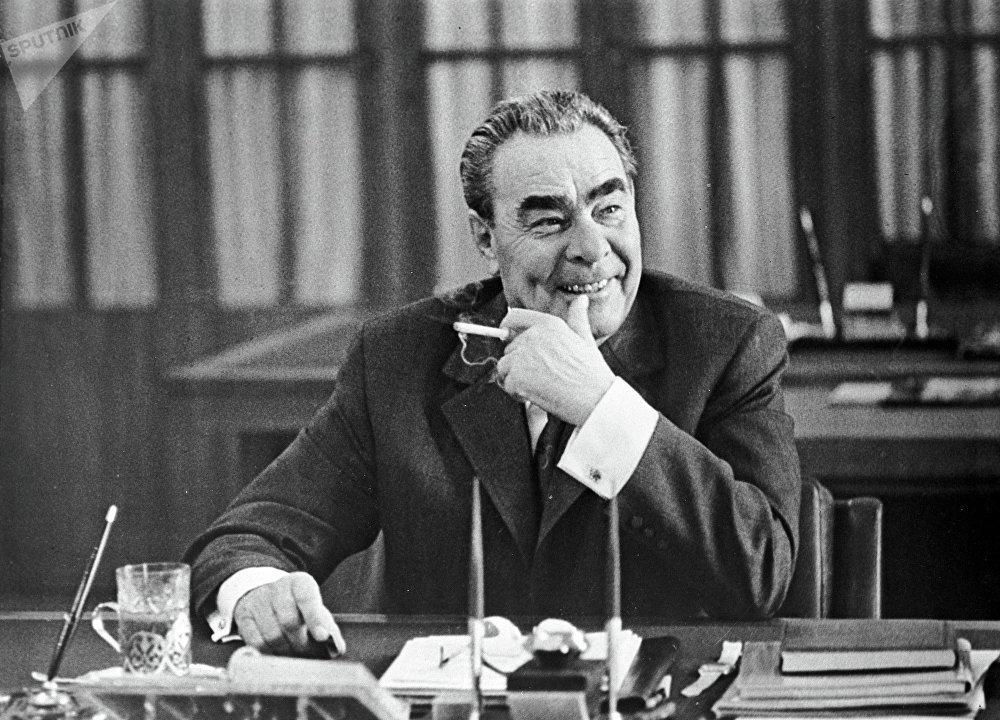Commentary
Recently, unasked, I received an advertisement for a Harvard Business School program in leadership, including something called thought leadership.

Recently, unasked, I received an advertisement for a Harvard Business School program in leadership, including something called thought leadership.